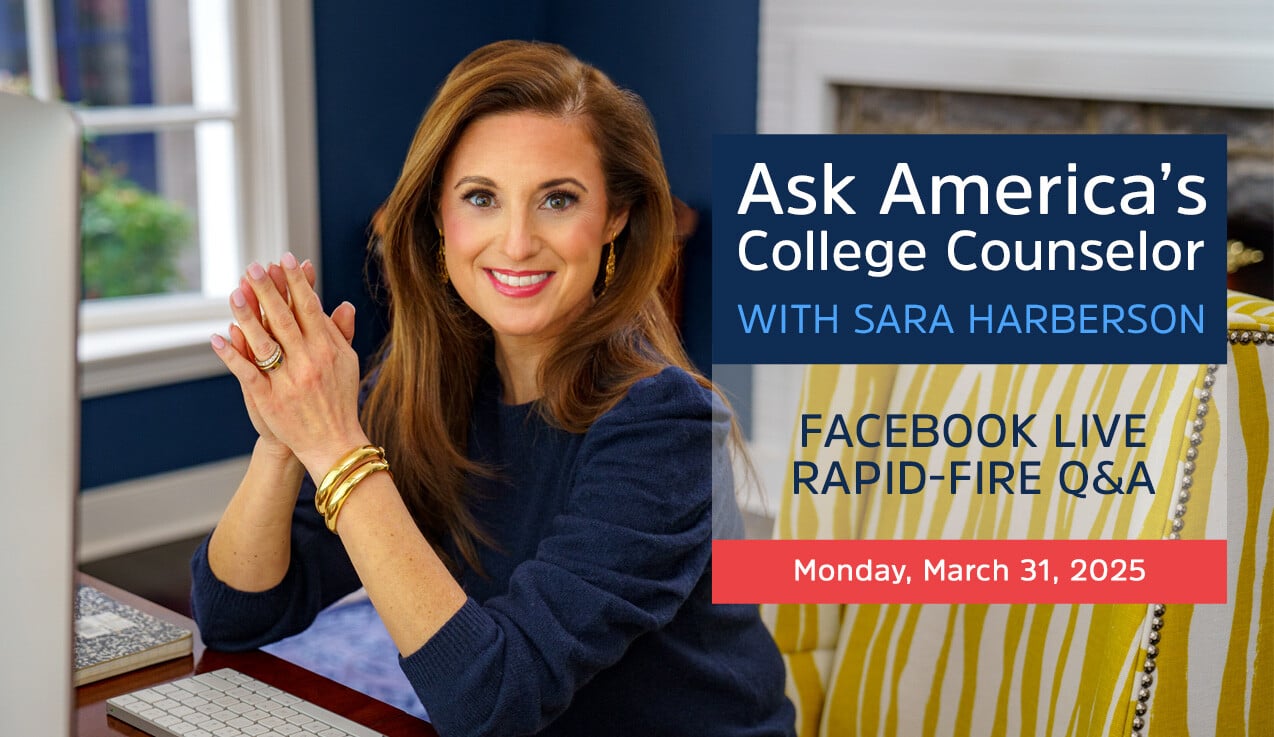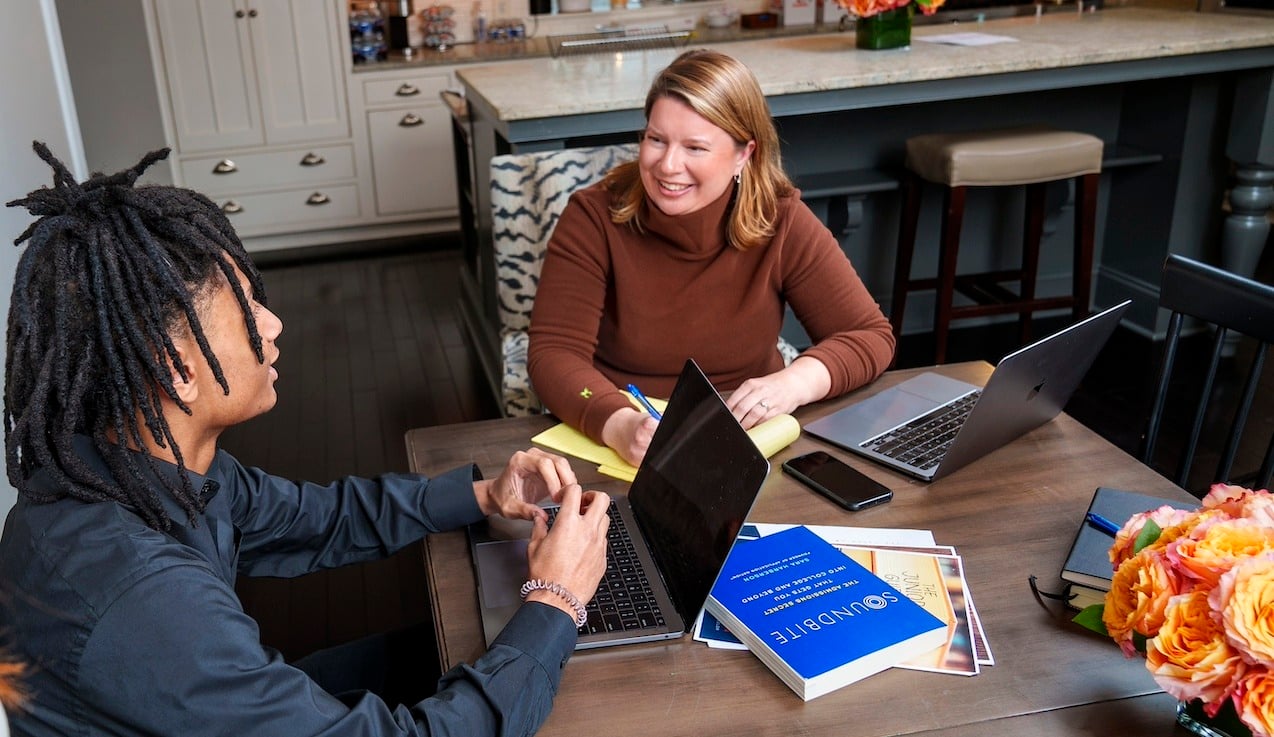One of the oldest and most traditional ways of "recruiting" students to apply to college has returned to normal in some parts of the country. College admissions officers are back visiting high schools during the regular school day after a long hiatus from travel due to the COVID-19 pandemic. Honestly, I am a bit surprised these recruiting trips still exist in 2021.
I remember my days as an admissions officer traveling in my assigned region for the entire fall season. I visited four to five high schools a day, trying to reach, speak, and engage with as many students as possible. It was a whirlwind. I often wondered if my routine presentations in small conference rooms, large auditoriums, and busy cafeterias really made a difference.
These short and sometimes unexpected visits can lead students to wonder as well. Is it necessary to attend one of these presentations? Will it help in the admissions process? Here are ten things to know about college visits at your high school:
1. Most of the time, the admissions officer visiting your high school is the person reading your application.
That being said, it is very difficult to actually have a one-on-one conversation with them during this time. And oftentimes, they don't remember individual students as well as they hoped. They are usually meeting hundreds of students a day.
2. If a college tracks "demonstrated interest," attending one of these sessions at your high school will count in your favor in the admissions process.
But visiting (in-person or virtually) is still the best way to show demonstrated interest to a college that uses it.
Free Download: College Visit Worksheet
3. If you have already visited the college, these sessions are an abbreviated version of an information session.
You usually don't learn a whole lot of new information in these high school sessions unless of course this is your first introduction to the college.
4. For students whose core academic classes coincide with a college visit, carefully consider whether you can miss that class.
Taking one day off of an AP class can sometimes put the student at a disadvantage. Nothing is more important than your school performance.
5. The admissions officer usually gives a short presentation about the college during one of these sessions and then opens it up to questions from students.
6. If you are going to ask a question during one of these sessions, think before you speak!
Many times students ask basic questions that can be easily answered by a quick search on the college's website. Instead, consider asking a question that could be helpful to you and others. For example, I always appreciated questions like this: "What qualities do you look for in an applicant?" Or, this: "What is your favorite thing about the college?"
7. Turnouts will vary depending on the college.
For smaller or lesser known colleges, you might get lucky and be able to have a one-on-one conversation with the admissions officer. For larger or more popular colleges in your community, there could be dozens of or possibly more students who attend the session.
8. It is hard to make a positive impression on an admissions officer in such a short amount of time surrounded by classmates and other distractions.
Make sure your application is the ultimate representation of who you are.
9. While some high schools permit younger students to attend these sessions, juniors and seniors tend to get more out of them in the end.
Related Reading: 10 Things for Seniors to Do Before the Summer Ends
10. Colleges offer these sessions to generate more applications. Knowing a college's intentions is key in understanding how this process works.
These sessions are a good way to confirm whether or not you want to apply to the college. Don't worry so much about making an impression on the admissions officer. Listen and observe more than anything. If you can get one small nugget of information from the session, it might be worth your time.











